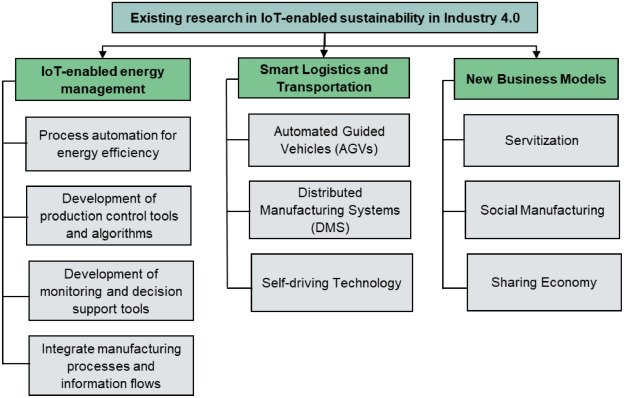Last Updated on January 22, 2024 by Asfa Rasheed
In a global market that is becoming ever more complex and interconnected, the need for streamlined and secure supply chain management is undeniable. One technology that is increasingly driving change in this field is blockchain. In the light of its potential, it is worth exploring how blockchain could be instrumental in enhancing supply chain transparency and security.
Table of Contents
What is Blockchain?
To fully understand the potential of blockchain technology, we need to grasp what it actually is. Blockchain is a type of distributed ledger technology that records transactions across many computers so that the record cannot be altered retroactively without the alteration of all subsequent blocks and the collusion of the network. Each block in the chain contains a number of transactions, and every time a new transaction occurs on the blockchain, a record of that transaction is added to every participant’s ledger.
Enhancing Supply Chain Transparency
In the realm of supply chain management, the transparency of processes and transactions is a vital aspect. Not only does it allow for improved decision-making, but it also fosters trust among involved parties. Blockchain has the potential to revolutionise this aspect of supply chain management by offering a level of transparency never before possible.
With a blockchain-enabled supply chain, every transaction can be recorded and verified, creating an immutable and publicly accessible record of the entire supply chain journey. This makes it incredibly easy to track goods from their origin right through to the end consumer. For instance, in the food industry, this level of transparency could enable consumers to see exactly where their food comes from, fostering trust in the brand.
Additionally, blockchain technology can also help in supply chain planning, offering real-time insights into inventory levels, demand, and delivery status. This helps to avoid overproduction, reduce waste, and ensure that the right products are available at the right time.
Strengthening Supply Chain Security
Beyond improving transparency, blockchain also promises significant improvements in supply chain security. By its very nature, blockchain technology is resistant to modification of data. Once information has been recorded in a block, it cannot be changed without the consensus of the entire network. This makes the technology inherently secure against fraud, tampering, and cyber threats.
Moreover, the use of smart contracts – programmable contracts that automatically execute when predetermined terms and conditions are met – can further secure transactions and eliminate the need for intermediaries. This could drastically reduce the risk of contractual breaches, and ensure the smooth flow of goods and services across the chain.
The Future of Supply Chains
Without a doubt, blockchain harbours the potential to revolutionise the way we manage and operate supply chains. Its innate ability to promote data transparency and ensure security could be a game-changer in an industry that is increasingly demanding these attributes.
Nonetheless, as with any new technology, adoption will take time, and a certain amount of experimentation and adjustment is to be expected. But as industries start to realise the benefits of a blockchain-enabled supply chain, it’s likely that we’ll see an increase in its implementation.
The future of supply chain management is here, and blockchain is at its helm
In conclusion, blockchain has significant potential to improve the transparency and security of supply chains. By providing an immutable record of transactions and enabling real-time tracking and tracing of goods, blockchain can enhance trust and accountability in the supply chain. As blockchain technology continues to mature, its application in supply chain management is expected to grow, reshaping the industry for the better.
Apart from that, if you are interested to know about Data Transparency then visit our Business category.























